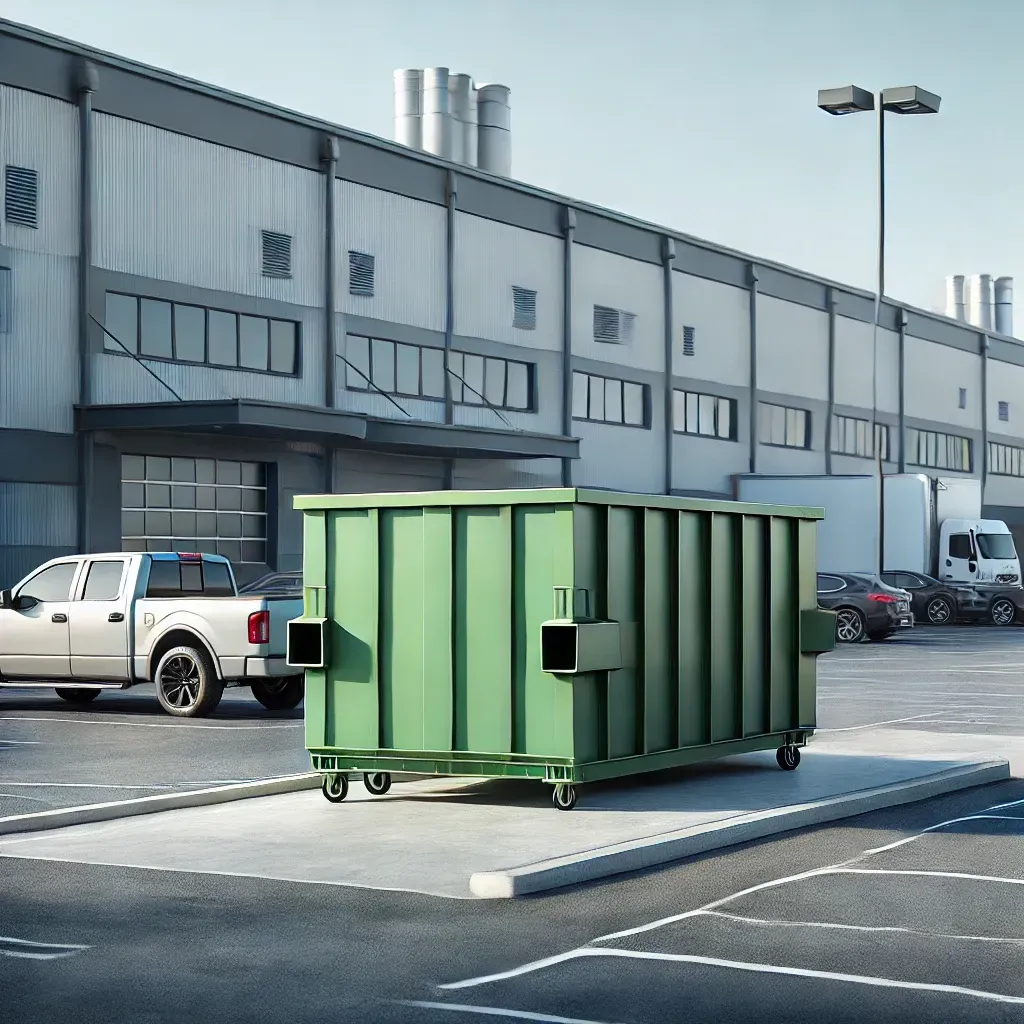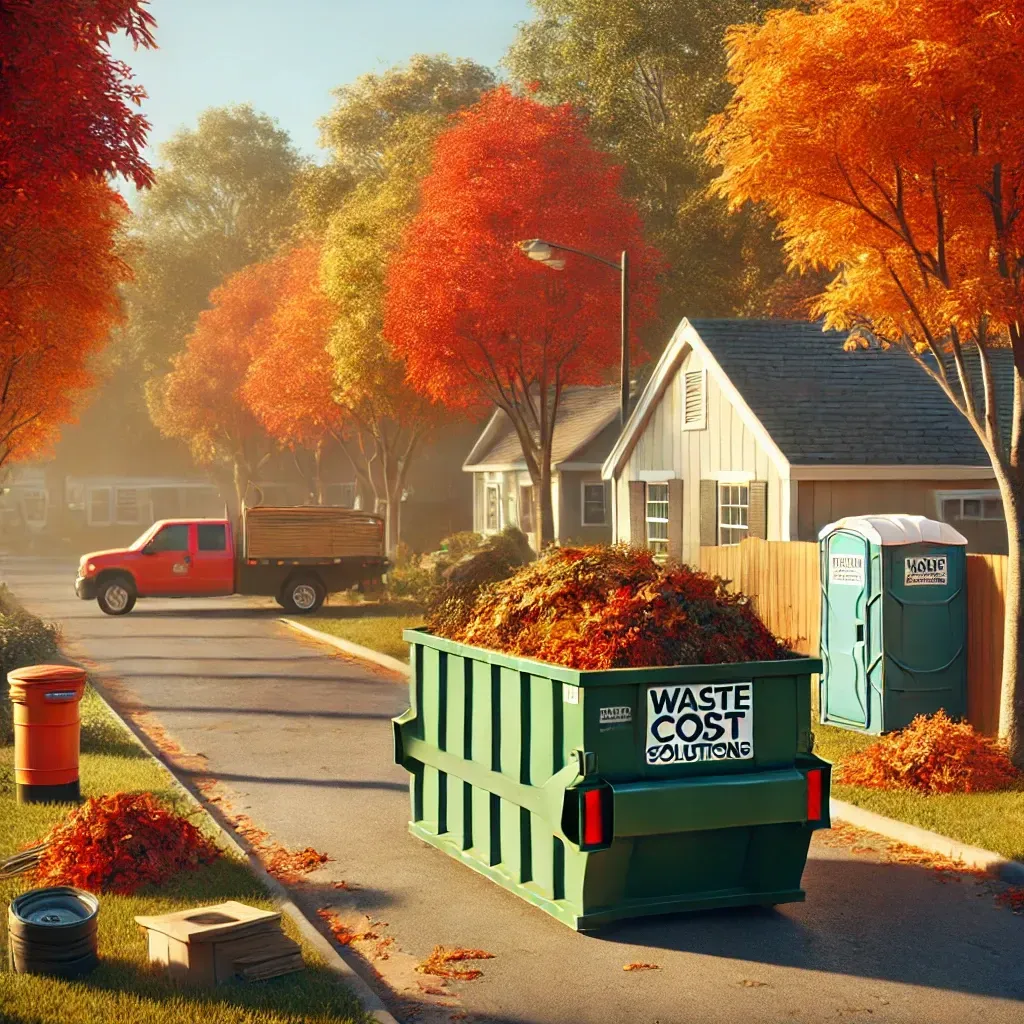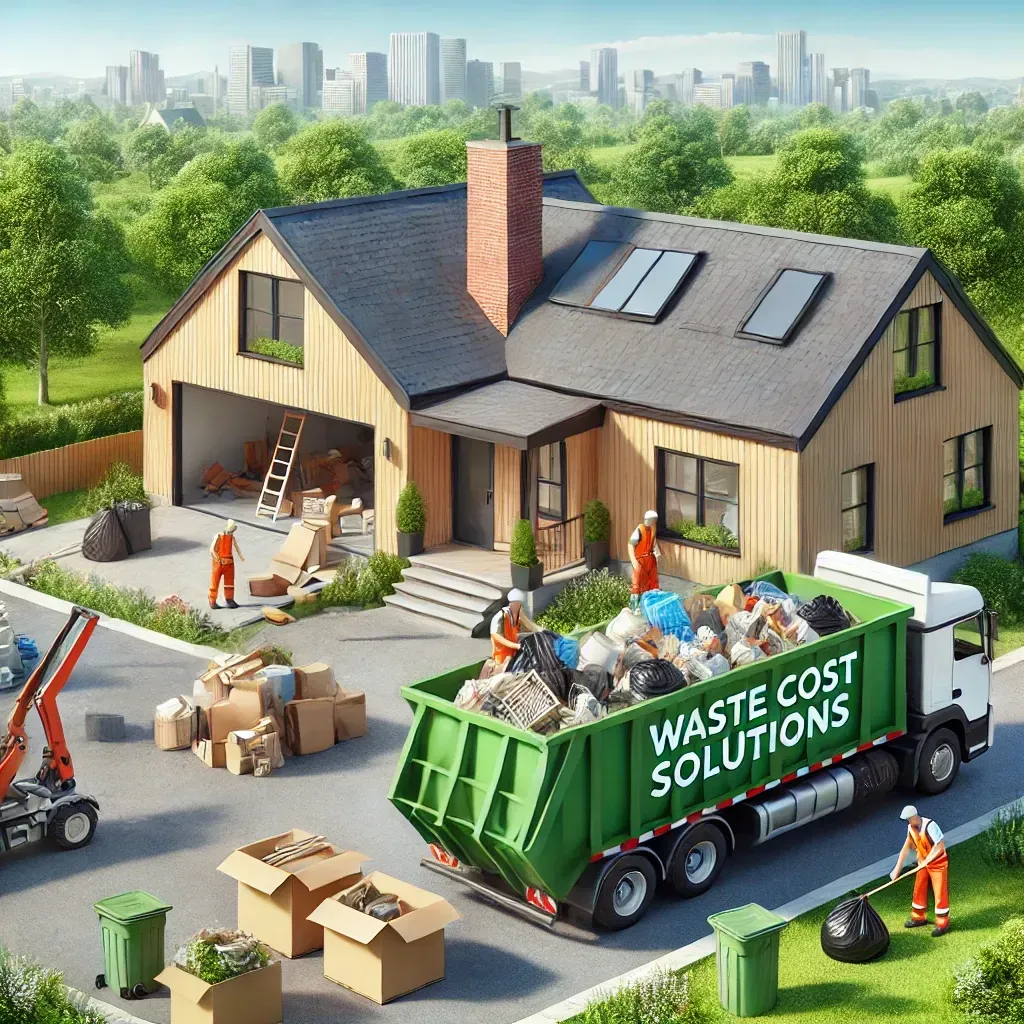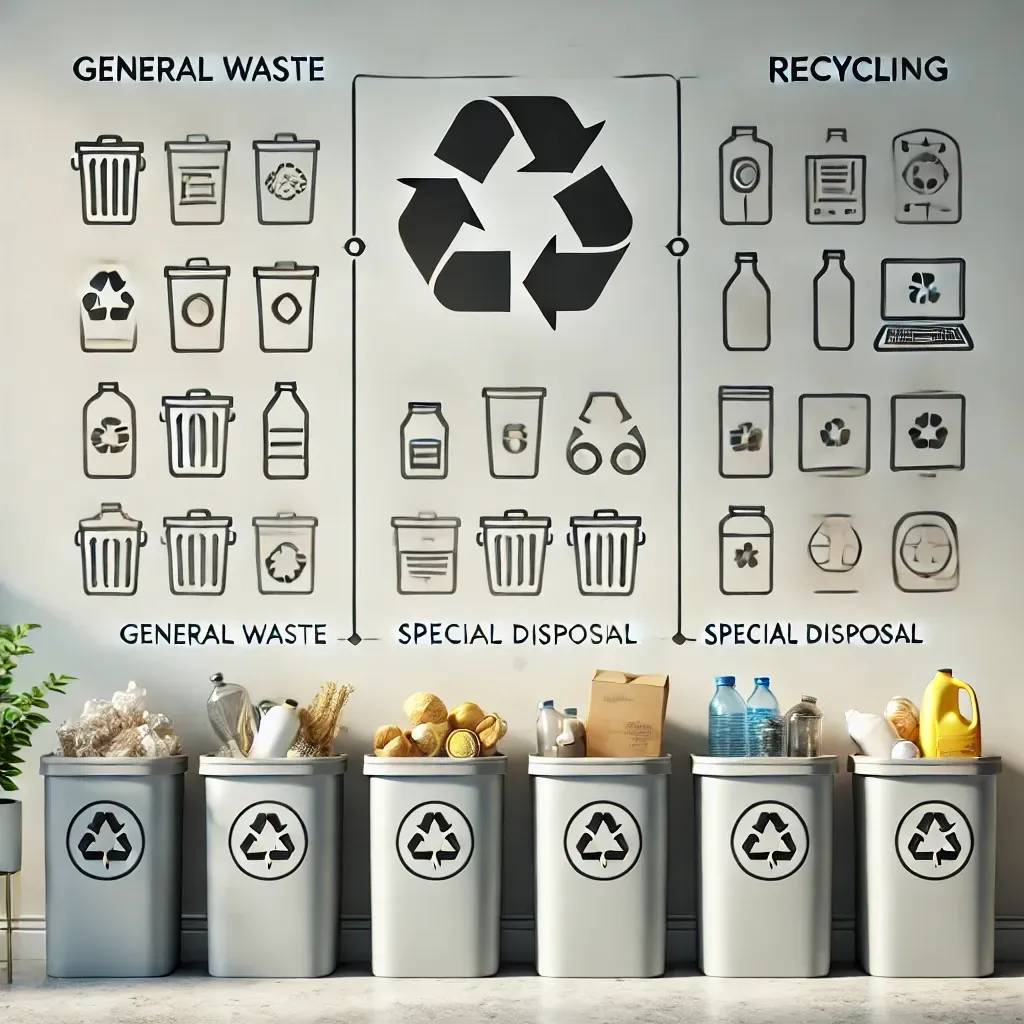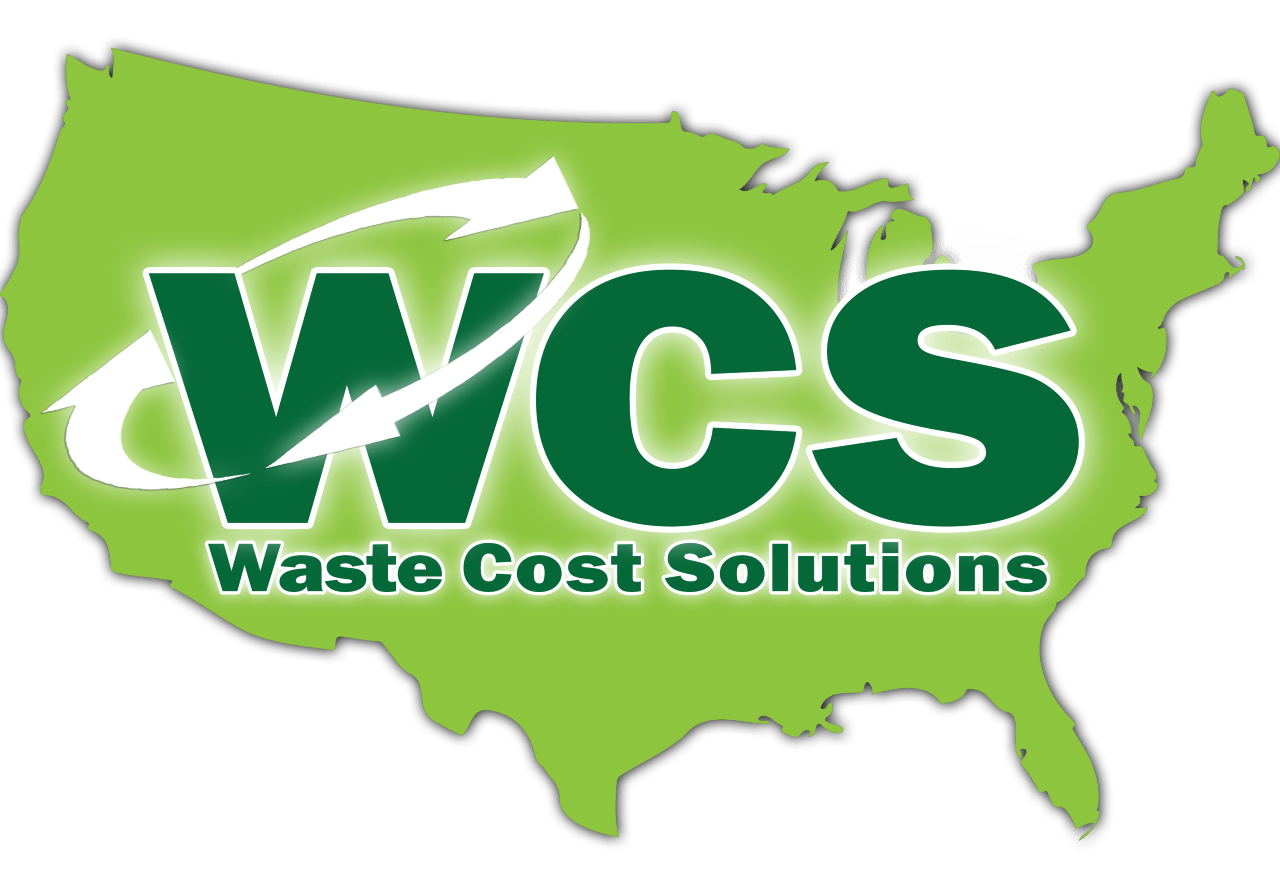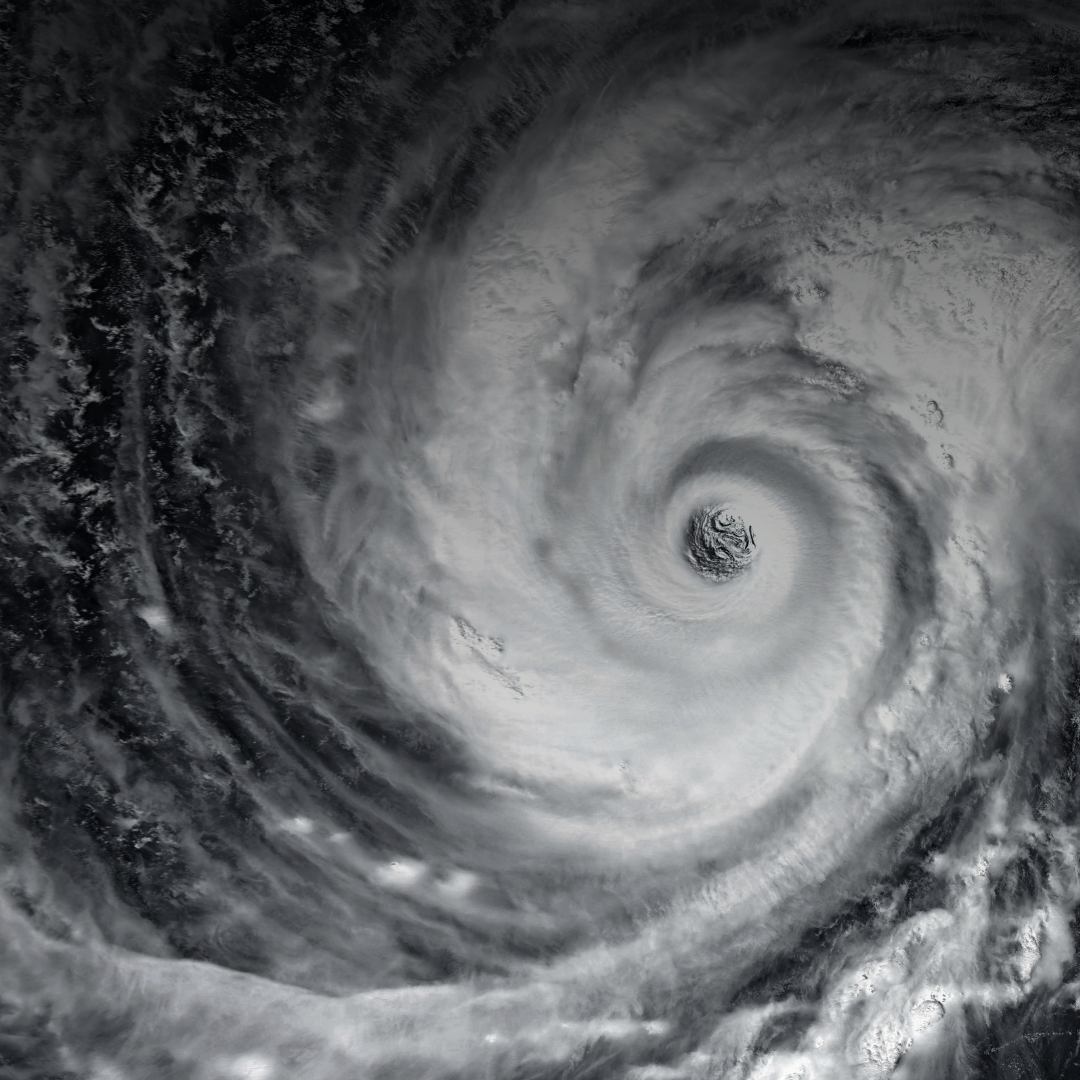Effective Medical Waste Management
Effective medical waste management is not just a regulatory obligation for healthcare facilities—it is a crucial practice that safeguards public health, ensures environmental protection, and maintains the integrity of healthcare operations. Proper disposal of medical waste prevents the spread of infections, protects healthcare workers and patients, and ensures that hazardous materials do not contaminate the environment. As healthcare facilities handle a wide range of waste types, from infectious materials to pharmaceuticals, robust waste management in hospital strategy is essential to avoid legal repercussions and to promote a safe, clean environment.
Types of Medical Waste and Their Risks
Medical waste encompasses various materials, each with risks and handling requirements. The most common categories include:
Biohazardous Waste: This includes any waste containing infectious materials, such as blood-soaked bandages, surgical gloves, and laboratory cultures. If not handled properly, these materials can transmit infections.
Sharps Waste: Needles, scalpels, and other sharp instruments fall under this category. Due to their ability to puncture the skin, sharps pose a significant risk of transmitting bloodborne pathogens, making their safe disposal a top priority.
Pharmaceutical Waste: Unused or expired medications, vaccines, and controlled substances must be disposed of carefully to prevent environmental contamination and misuse.
Chemical Waste: This includes waste generated from laboratory reagents, disinfectants, and solvents. Improper chemical waste disposal can lead to environmental pollution and pose serious health risks.
The Potential Dangers of Improper Waste Handling
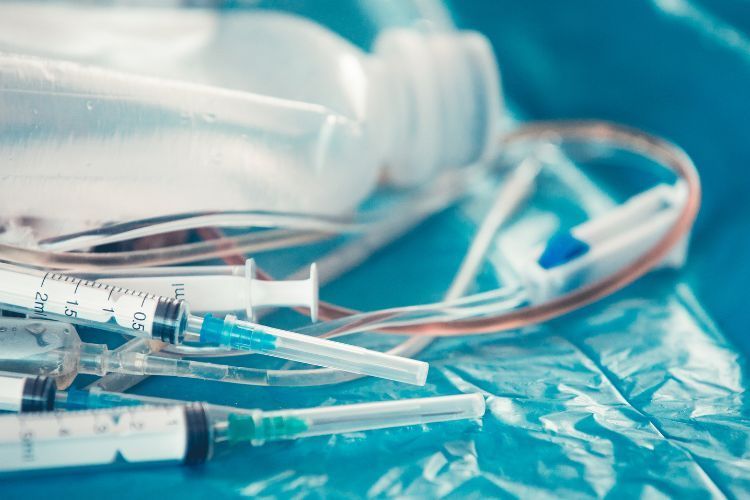
Improper handling and disposal of medical waste can lead to severe consequences. For instance, if biohazardous waste is not treated before disposal, it can spread infections to healthcare workers, patients, and the general public. Sharps waste, if not contained properly, can lead to needle-stick injuries, exposing individuals to potentially life-threatening diseases such as HIV and hepatitis.
Pharmaceuticals and chemical wastes can contaminate water supplies and soil, leading to long-term environmental damage and health hazards.
These risks highlight the critical importance of adhering to proper waste management protocols.
Building a Comprehensive Waste Segregation System
Proper segregation is the foundation of any effective medical waste management plan. Using color-coded bins and transparent labeling, waste must be separated at the source into designated categories, such as general waste, biohazardous waste, sharps, and pharmaceuticals.
This practice simplifies the disposal process and minimizes the risk of cross-contamination. For example, placing all biohazardous waste in red containers ensures that it receives the appropriate treatment before disposal, such as autoclaving or incineration. Adequate segregation also reduces the volume of hazardous waste, lowering disposal costs and environmental impact.
Safe Storage and Transportation Practices
Once segregated, medical waste must be stored to prevent leaks, spills, and unauthorized access. Containers should be durable, leak-proof, and clearly labeled with their type of waste. For example, sharps containers should be puncture-resistant and not overfilled to avoid accidental needle-stick injuries. Storage areas should be secure, well-ventilated, and away from patient care areas to minimize exposure.
Medical waste transportation requires careful planning and adherence to regulatory guidelines. Waste should be transported in sealed, labeled containers that are kept upright and stable during transit. Vehicles used for transportation must be regularly inspected and cleaned to prevent contamination. Proper documentation should accompany each shipment, detailing the waste's type, quantity, and destination, ensuring traceability and compliance with legal requirements.
Regulatory Compliance and Best Practices
A complex web of local, state, and federal regulations governs medical waste management. In the United States, the Environmental Protection Agency (EPA) and the Occupational Safety and Health Administration (OSHA) set the standards for handling, treating, and disposing of medical waste. Healthcare facilities must comply with these regulations to avoid fines and legal penalties.
At the state level, regulations can vary significantly, with some states requiring additional permits or stricter disposal methods. Local regulations may also dictate how waste should be handled within a specific jurisdiction.

It is essential for healthcare facilities to stay informed about the regulations that apply to them and to review their waste management practices to ensure regular compliance. This includes maintaining up-to-date records of waste disposal activities and conducting regular audits to identify areas for improvement.
Training and Education for Healthcare Workers
Education and training are critical components of an effective medical waste management program. Healthcare workers must be trained to recognize different types of waste and understand the associated risks. Regular training sessions should cover proper waste segregation techniques, safe handling practices, and emergency procedures during a spill or exposure.
Training should be ongoing, with updates provided whenever regulations or procedures change. By empowering healthcare workers with the knowledge and skills they need, facilities can reduce the likelihood of accidents and ensure that waste is handled safely and competently.
Prioritizing Safety and Compliance in Waste Management
Effective medical waste management is essential for protecting public health, maintaining regulatory compliance, and safeguarding the environment. Healthcare facilities can manage their waste responsibly by implementing comprehensive waste segregation systems, adhering to safe storage and transportation practices, and staying informed about regulatory requirements. Embracing technological advancements and sustainable practices further strengthens these efforts, ensuring that medical waste is handled in a way that prioritizes safety, compliance, and environmental stewardship.
Healthcare facilities must continue to evolve their waste management strategies to meet the demands of an ever-changing regulatory landscape and the growing emphasis on sustainability. By doing so, they can fulfill their responsibility to protect patients, staff, and the broader community from the dangers of improper medical waste disposal.
